What Do Vacation Rental Property Managers Charge?
How much do vacation rental property managers charge? This is a common question among property owners looking to maximize their rental income with minimal effort. The costs vary, generally ranging between 10% and 50% of the rental price, depending on several factors such as the location and the level of service provided by the property management company.
When it comes to vacation rentals, managing your property efficiently can make a significant difference in your revenue. Whether it’s handling reservations, marketing your property, or maintaining it to the highest standards, professional property management is crucial. But how do you decide if hiring a property manager is worth the cost, and how do you know what you should be paying?
Understanding the different types of fees involved—from initial sign-up costs to ongoing management fees—can help you make an informed decision. It’s important to ask the right questions and evaluate what services will be included in the management charge.
Exploring these aspects will ensure your vacation rental operates smoothly, meets guest expectations, and achieves high occupancy rates.

What Are Vacation Rental Property Management Fees?
Vacation rental property management fees are payments made to property managers for overseeing and maintaining your vacation rental. These fees cover a range of services, ensuring your property is well-maintained, marketed effectively, and consistently booked.
Initial Fees
Initial fees are the costs you pay upfront when you start working with a property manager. These fees typically cover:
- Marketing and Public Relations: Creating listings, professional photography, and advertising your property on various platforms.
- Paperwork: Setting up contracts and other necessary documentation to officially register your property under management.
These initial fees help establish your vacation rental business, ensuring it starts on the right foot.
Management Fees
Management fees are the ongoing costs for the day-to-day management of your property. These fees often include:
- Cleaning: Ensuring the property is spotless after each guest checks out.
- Maintenance: Handling repairs and upkeep to keep the property in top condition.
- Advertising: Continuous marketing efforts to keep your property visible and attractive to potential guests.
These fees can range from 10% to 50% of your monthly rental income, depending on the level of service provided. Higher fees often correlate with more comprehensive services.
Flat-fee Pricing Structure
Some property managers use a flat-fee pricing structure, where you pay a single price for annual management. This fee is agreed upon by both parties and can be influenced by:
- Property Type: The kind of property you own (e.g., a beachfront house vs. a mountain cabin).
- Location: Properties in high-demand areas may have higher flat fees due to increased management needs.
Flat-fee pricing can make budgeting easier, as you know exactly how much you’ll pay each year, regardless of the number of bookings.
Understanding these fees helps you gauge how much vacation rental property managers charge and what services are included. This knowledge is crucial for making an informed decision and ensuring your investment yields the best returns.
How Much Do Vacation Rental Property Managers Charge?
Commission Fee Model
The commission fee model is a popular choice for vacation rental property management. In this model, the property manager takes a percentage of the rental income. This means the manager’s earnings are directly tied to the property’s performance.
Industry Average: Typically, commission fees range from 25% to 40% of the rental income. For instance, if a vacation rental earns $1,000 in a month and the commission rate is 30%, the property manager would take $300.
Incentivizing Managers: One benefit of this model is that it incentivizes managers to keep the property booked and well-maintained. The more income the property generates, the more the manager earns.
Extra Charges: Be aware of additional charges not covered by the commission. These could include fees for marketing, guest greetings, or arranging repairs. Always check the fine print to avoid unexpected costs.
Fixed-rate Fee Model
The fixed-rate fee model offers predictable expenses, making it easier to budget. Here, the property manager charges a flat fee, regardless of the number of bookings.
Industry Average: Fixed rates can vary widely but generally range from $100 to $500 per month, depending on the location and services provided.
Budgeting: This model is excellent for properties with consistent bookings, such as those frequented by business travelers. Fixed fees help in planning your finances, as you know exactly what you’ll pay each month.
Peak and Off-peak Seasons: While the flat fee remains constant, the income from the property may vary with the seasons. This model can be beneficial during peak seasons when the property is fully booked, allowing you to retain more of the rental income.
Guaranteed Income Fee Model
The guaranteed income fee model provides a fixed monthly rate to the property owner, ensuring a steady income stream.
Industry Average: In this model, property managers offer a guaranteed amount each month, which can range from $500 to $2,000, depending on the property’s location and size.
Passive Income: This model is ideal for owners seeking consistent income without worrying about seasonal variations. The property manager takes on the risk of fluctuating rental income, offering you peace of mind.
Seasonal Variations: The downside is that you may miss out on higher earnings during peak seasons. Any income above the guaranteed amount goes to the property manager, not the owner.
Understanding these fee models helps you gauge how much vacation rental property managers charge and choose the best option for your investment. Each model has its pros and cons, so consider your financial goals and the property’s potential income when making your decision.
Factors Influencing Management Fees
Property Type
The type of property you own significantly affects the management fees. A single-family home can have different needs compared to a vacation rental in a mountainous area. For instance, houses generally require more maintenance and can involve higher costs. In contrast, apartments (though not our focus) usually have shared amenities, which might reduce individual maintenance costs.
Location
Location is another critical factor. Properties in urban areas typically have lower management fees compared to those in rural or beach locations. Urban properties are easier to maintain and have higher guest turnover, leading to more consistent income.
For example, a beach house in Northern California might incur higher management fees due to:
- Accessibility: Getting maintenance crews to a remote beach location can be more expensive.
- Maintenance Requirements: Saltwater and sand can cause more wear and tear, increasing upkeep costs.
- Market Demand: High-demand areas might justify higher fees, but they also promise higher returns.
Level of Service
The level of service you choose directly impacts the fees. Here are the main categories:
- Full-Service Management: This includes everything from marketing and guest communication to cleaning and maintenance. Fees for full-service management can be higher but offer peace of mind.
- Partial Management: This might cover only specific tasks like guest check-ins or cleaning. It’s a cost-effective option but requires more involvement from the owner.
- Additional Services: Some property managers offer extra services like luxury amenities, personalized guest experiences, and advanced marketing strategies. These can add to the overall cost but might attract high-end guests, increasing your revenue.
Understanding these factors will help you make an informed decision about which management service best suits your needs and budget. Next, we’ll explore the additional fees you should consider when hiring a property manager.
Additional Fees to Consider
When hiring a property manager, it’s crucial to understand all potential costs. Let’s dive into some additional fees you might encounter.
Cleaning Fees
Cleaning fees are typically charged after each guest checks out. These fees can vary based on several factors:
- Guest Turnover: Higher turnover means more frequent cleanings.
- Property Size: Larger properties require more time and effort to clean.
- Amenities: Extra amenities like hot tubs or pools add to cleaning complexity.
Some managers include cleaning fees in their monthly rates, while others charge them separately. This fee is often passed on to guests, but make sure to clarify this before signing any contracts.
Maintenance Fees
Maintenance fees cover the cost of routine repairs and emergency services. These fees can differ based on:
- Routine Repairs: Regular upkeep like fixing leaky faucets or replacing light bulbs.
- Emergency Services: Urgent repairs such as burst pipes or electrical issues.
- Outsourced vs. In-house: Some property managers have their own maintenance teams, while others outsource these tasks.
It’s essential to know what maintenance is covered in the fee and what might incur extra charges. You don’t want to be surprised by unexpected costs.
Marketing Fees
Marketing fees are often overlooked but can significantly impact your budget. These fees can cover:
- Listing Platforms: Costs associated with listing your property on various platforms.
- Dynamic Pricing: Adjusting prices based on demand to maximize revenue.
- Guest Reviews: Strategies to improve guest reviews, which can boost bookings.
Effective marketing can make a big difference in your rental income, so it’s worth investing in. However, make sure to understand what you’re getting for your money.
By considering these additional fees, you can better budget and avoid any unexpected costs. Up next, we’ll discuss how to calculate these fees and negotiate the best rates.
How to Calculate Property Management Fees
Calculating property management fees can seem tricky, but with the right tools and knowledge, you can get a clear picture of your expenses. Let’s break it down.
Using Fee Calculators
Fee calculators are a great way to estimate your property management costs. These tools can help you understand the different fee models and extra charges. Here are some popular options:
- Landlord.net: This tool helps you estimate costs based on property type and location.
- iGMS: Known for its user-friendly interface, iGMS provides detailed breakdowns of various fees.
- Booking Ninjas: Offers advanced features for calculating dynamic pricing and management fees.
Using these calculators, you can input details about your property and get an accurate estimate of management fees. This can help you budget more effectively and avoid surprises.
Negotiating Fees
Understanding the services included in your property management fees is crucial when negotiating. Here’s a simple approach:
- Understand Services: Know what each fee covers. Are cleaning and maintenance included? What about marketing and guest communication?
- Compare Quotes: Get quotes from multiple property managers. This will give you a range of what to expect and help you identify any outliers.
- Value for Money: Don’t just go for the cheapest option. Consider the value of the services provided. A slightly higher fee might offer better service and higher occupancy rates.
Key Points to Discuss When Negotiating
- Fee Structure: Is it commission-based, fixed-rate, or guaranteed income?
- Extra Fees: Are there additional charges for maintenance, cleaning, or marketing?
- Service Level: What exactly is included in the fee? Full-service management or partial?
By understanding these aspects, you can negotiate a deal that offers the best value for your money.
Calculating and negotiating property management fees doesn’t have to be overwhelming. With the right tools and a clear understanding of the services provided, you can ensure you’re getting the best deal for your vacation rental property.
Pros and Cons of Hiring a Property Manager
Pros
Local Expertise
Hiring a local property manager can provide a significant advantage. They understand the local market and know what services and amenities guests look for. This knowledge can help you maximize your rental income and keep your property in top shape.
Example: An experienced manager in Northern California might suggest offering wine tours or hiking guides, which can attract more guests and justify higher rental rates.
Network of Service Providers
Many property managers have established relationships with local service providers. This can lead to discounted or competitive pricing for maintenance, cleaning, and other services.
Example: A property manager might have a preferred vendor for plumbing repairs who charges less than market rates, saving you money in the long run.
Customized Pricing
Some vacation rental management companies offer customized pricing plans to meet the unique needs of each investor. This flexibility can help you find a plan that aligns with your financial goals and property requirements.
Example: You might find a management company that offers a lower commission rate during off-peak seasons, helping you maintain profitability year-round.
Cons
Reduced Net Income
Vacation rental management fees can significantly reduce your net operating income. While the gross rental income might be higher, the costs of management can eat into your profits.
Statistic: According to Lodgify, property management fees can range from 10% to 50% of the gross rental income, with an industry average of 25% to 30%.
Unexpected Expenses
If you don’t thoroughly understand your property management agreement, you may be surprised by unexpected extra expenses and hidden charges. These could include fees for emergency repairs, deep cleaning, or credit card processing.
Fact: Some managers charge higher fees for booking a guest reservation directly rather than using a vacation rental platform like Airbnb or Vrbo.
Misaligned Incentives
Choosing the wrong fee structure can lead to misaligned incentives between you and your property manager. For example, a fixed-rate fee might not motivate the manager to maximize your rental income, while a commission-based fee could lead to higher overall costs.
Example: Under a guaranteed income fee model, the manager keeps any excess profits, which might result in you leaving money on the table if your property consistently generates high bookings.
Understanding the pros and cons of hiring a property manager can help you make an informed decision. Next, let’s explore some additional fees you should consider when managing a vacation rental property.
Frequently Asked Questions about Vacation Rental Property Management Fees
How much should I charge to manage a vacation rental?
The industry average for vacation rental property management fees typically ranges between 25% and 30% of your rental income. However, this can vary widely depending on the location and the level of service provided. For example, urban properties might have lower fees compared to those in rural or beach areas.
Factors influencing fees:
– Location: Properties in high-demand areas may have higher fees.
– Level of Service: Full-service management usually costs more than partial management.
What is the management fee on Airbnb?
When it comes to Airbnb, management fees can vary but generally fall within the 25% to 40% range of the rental income. This fee often covers:
– Guest Communication: Managing reservations and handling guest inquiries.
– Cleaning Services: Ensuring the property is clean and ready for the next guest.
– Marketing: Listing the property on Airbnb and other platforms.
Full-service vs. Half-service:
– Full-service: Includes everything from guest communication to cleaning and marketing.
– Half-service: Might only include basic services like guest communication and booking management.
How much profit should you make on a vacation rental property?
Profit margins on vacation rentals can vary, but a good rule of thumb is to aim for a profit margin of 20% to 30% after all expenses, including management fees, are covered.
Return on Investment (ROI):
– High-demand locations: Typically yield higher ROI due to frequent bookings.
– Seasonal variations: That occupancy rates can fluctuate, impacting your overall profit.
Example: If your vacation rental generates $10,000 monthly, and after all expenses including a 30% management fee, you should ideally aim to net $2,000 to $3,000 as profit.
Understanding these aspects can help you better manage your property and set realistic expectations for your earnings. Next, let’s dig into the additional fees you should consider when managing a vacation rental property.
Conclusion
iHost Property Management
In summary, understanding how much vacation rental property managers charge is crucial for making informed decisions about your investment. The right property management service can significantly impact your net revenue and overall guest experience.
When it comes to choosing a property management service, iHost Property Management stands out as a top choice for vacation rental owners in Northern California. We specialize in changing properties into high-yield investments, ensuring your vacation rentals not only meet but exceed your financial expectations.
Our approach combines luxury rentals and VIP services with cutting-edge technology integration. Here’s what sets us apart:
- Comprehensive Management: From setting competitive rental rates to marketing your property, we handle all aspects of property management. Our team ensures your property is always in top condition, providing a seamless experience for your guests.
- Dynamic Pricing: Utilizing intelligent pricing strategies, we maximize your rental income by adjusting rates based on market demand and seasonal variations. This ensures your property remains competitive and profitable year-round.
- Guest Communication: Our automated systems streamline guest interactions, from booking inquiries to check-out. This not only saves you time but also improves the guest experience, leading to higher reviews and repeat bookings.
- Maintenance and Repairs: We manage all maintenance and repair tasks, ensuring your property is always guest-ready. Our network of trusted service providers guarantees high-quality work at competitive rates.
- Technology Integration: Our platform offers real-time updates and reporting, giving you full transparency into your property’s performance. This allows you to make data-driven decisions to optimize your rental income.
Partnering with iHost Property Management means more than just hiring a property manager; it’s about collaborating with market leaders in vacation rentals. We invite you to book your free profitability assessment today and find how we can lift your property’s performance together.
By choosing iHost Property Management, you’re not just investing in a service; you’re investing in peace of mind and higher returns. Let us handle the complexities of property management while you enjoy the benefits of a well-managed, profitable vacation rental.







